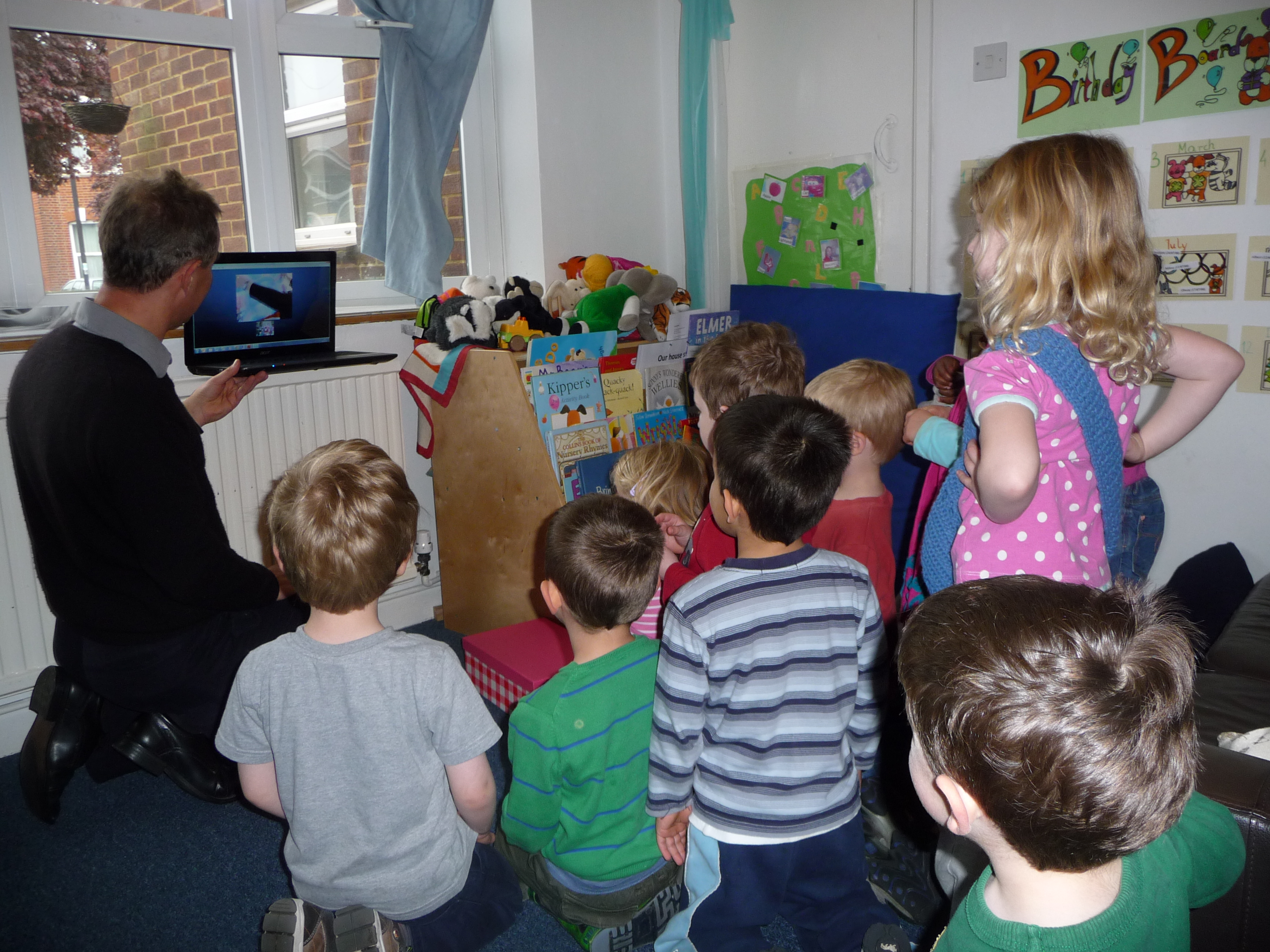Found myself getting a little worked up over an article in Nursery World by Peter Moss in which he asserts that “our early childhood system is fragmented, segregating, wasteful and riven by inequality.”
Adopting my best Mr Affronted of Southampton persona, I duly penned a response (rant) to the Nursery World letters page, defending the honour or practitioners everywhere –
I do not recognise Peter Moss’s dystopian UK early years sector (Integration of childcare and early education services is long overdue, 3-16 September) with its separation of care and education; its polarisation into institutional versus profit motivated providers and a service provision landscape characterised by fragmentation, waste and inequality. The rhetoric of ‘fiddling’ , ‘failure’, ‘factories’, ‘businesses’ and his use of the term ‘childcare’ as pejorative, are disingenuous and dismissive of the good practice, commitment and collegiate professionalism I encounter day in, day out from practitioners working across the range of provision in this country. We have come a long way in the UK. I think it is difficult to argue that the revised EYFS statutory framework does not provide for an holistic view of each individual child’s development needs within the context of care.
As a ‘profit motivated’ private provider, I do not differentiate ‘better off’ families accessing our services for care as an expedient for parental employment versus those who are paid for out of the public purse, for whom I am expected to provide education only. I am sorry, Peter, but this is nonsense.
Things are not perfect (eg affordability) but neither are they in other countries. We are however not dysfunctional. I recently hosted colleagues from Austria who expressed their wish that they could reproduce in their country the ‘homely’ nature of the learning environments and adult:child interactions they experienced here in UK settings. They noted how early years policy within Austria was headed in the positive direction we are taking, which incidentally, they likened to their experiences in Scandinavia.
It is easy to be scathing of commissions and politicians, they do come and go but I believe we have a responsibility to engage positively in discourse for the benefit of our children. We have a lot to be proud of, not least the difference many thousands of us are making in the lives of our youngest children in this country. We have enough criticism already from many quarters. It is really not helpful to have a go at ourselves in this way. How depressing that there is nothing more positive to say about our vocation.
I wonder if this will elicit a response?

